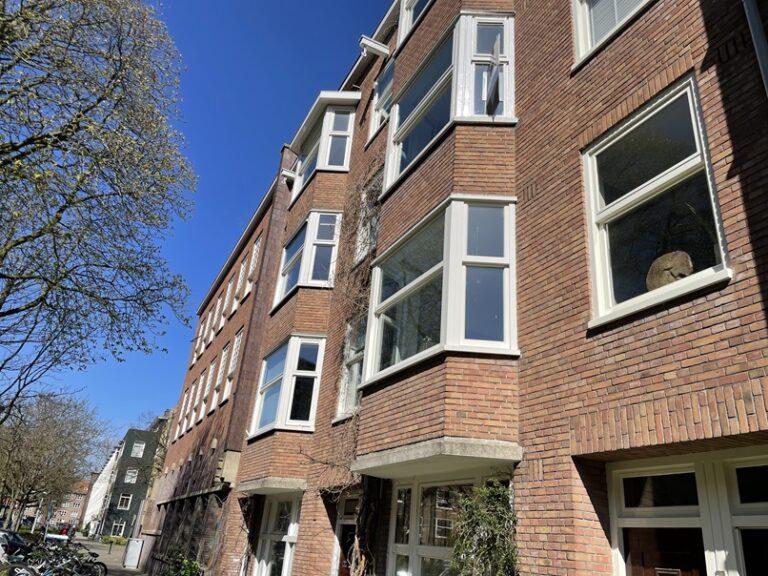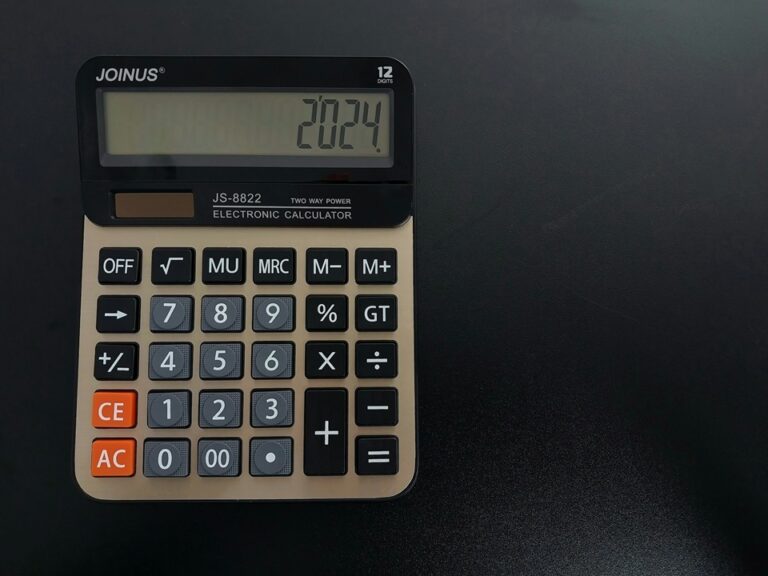The Affordable Rent Act: A Blow to Private Landlords in the Netherlands
Introduction
Unfortunately, as of July 1, 2024, the Affordable Rent Act has come into effect. This legislation is potentially devastating for private landlords in the Netherlands. In this article, we’ll explain the key points in simple terms.
Overview of the Act
In broad terms, the law provides tenants with significantly increased protection from the government. Unfortunately, according to expert predictions, this is likely to have considerable unintended consequences, which we’ll discuss later.
Key Changes
The most significant change is that landlords can no longer set their own rental prices for the majority of rental properties. The allowable rent is now determined by a scoring system based on ‘rental points’. These points are calculated using factors such as:
- WOZ value (property tax value)
- Energy label
- Living area
- Outdoor space
- Amenities in the property
Free Sector
What is the Free Sector?
Only if a property scores 187 rental points or more can the landlord determine the rent freely. This is known as the ‘free sector’ or ‘liberalized rent’. Any property below 187 rental points falls under ‘regulated rent’ (where the landlord can only charge the maximum amount prescribed by the government).
Financial Implications
Regulated Rent Often Insufficient
The regulated rent is often roughly half of what a landlord would need to charge to make renting financially viable. Landlords face numerous costs, including:
- Mortgage interest
- Tax costs (Box 3 tax)
- Maintenance costs
- Homeowners’ association fees
- Costs associated with new rentals
Enforcement and Tenant Protection
You might think that as a landlord, you could negotiate a higher rent with the tenant (if you don’t meet the minimum 187 rental points). However, this doesn’t work for the following three reasons:
Reason 1 – Mandatory Law
The Affordable Rent Act is ‘mandatory law’ and cannot be deviated from. Even if the tenant explicitly agrees in writing to pay a higher rent, the government requires that this rent be reduced to the maximum allowed rent according to the rental points system.
Reason 2 – Enforcement
Municipalities will actively check for rental contracts that don’t comply with the rules, i.e., rents that are higher than the maximum allowed. While this might seem difficult to enforce, the government has devised a solution: the landlord is required to perform a rental point calculation for each contract, including the calculation (which can be done on the Dutch Rent Tribunal’s website). The tenant is obliged to submit a copy of the rental contract, including this rental point calculation, to the municipality. This allows the municipal officer to immediately see if a rent deviates from the maximum allowed rent, and if so, the municipality can take immediate action. A landlord can also receive a substantial fine.
Reason 3 – Indefinite Rentals and Rent Reduction
Between 2016 and 2024, it was possible to rent out your property for a temporary period of up to 24 months. With the introduction of the Fixed Rental Contracts Act, it is no longer permitted to offer new temporary rental contracts for independent living space with a maximum duration of 24 months. This means that tenants now have lifelong rental protection. If a landlord has agreed to a higher rent with the tenant than the legal maximum, the tenant can lower this rent at any time with the help of the Rent Tribunal and then continue to rent the property for that lower rent for the rest of their life. This can suddenly cause an investment (a property) to lose more than half its value for a landlord. After all, a property with tenants living in it for life at a rent that doesn’t cover costs is worth very little.
Ready to kick-start your real estate journey?
Enroll in our Dutch Expat Realtor Training today!







